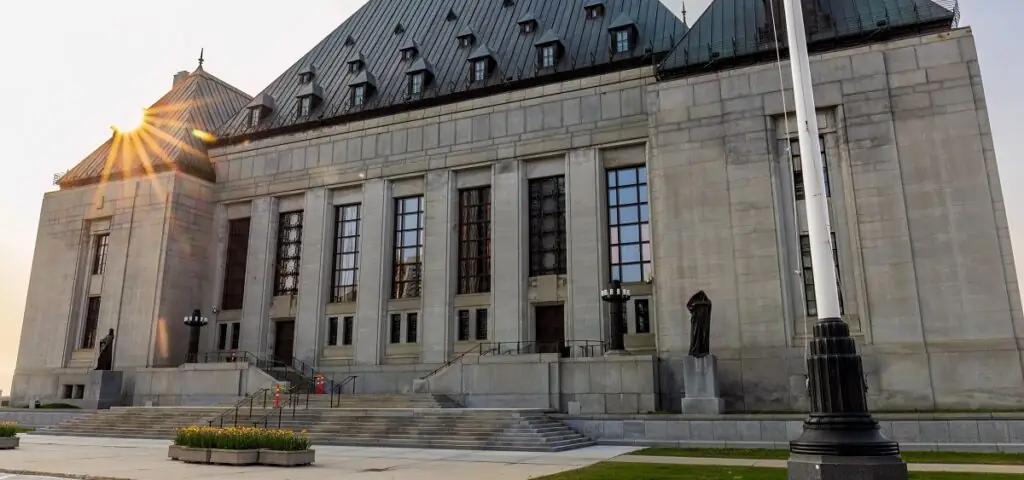The Supreme Court of Canada recently concluded a high-profile legal saga regarding police informants. These people are implicated in crimes and cooperate with the police to support their investigations. Dubbed the “secret trial” by the media, this case has sparked much controversy. Can a trial be held in total secrecy to protect the accused? And where do we draw the line when it comes to protecting police informants?

A brief recap of the high-profile case
It all started when a police informant confessed to a crime during an investigation they were assisting with. Despite believing their status as an informant would protect them, they were charged with a crime. In response, they requested to stop the trial because they believed the police had violated their trust.
Because of the accused’s special status as an informant, the court reviewed this request in private, without leaving a trace. In particular, the case wasn’t assigned a file number, and the hearing didn’t appear on the court’s agenda. The Quebec Court of Appeal ended up discovering that the hearing had taken place when the accused appealed the decision that declared them guilty.
Once this “secret” trial was revealed, the legal community, the media and the public raised important questions regarding the balance between public access to court hearings and the protection of police informants. The Supreme Court of Canada ended up having the final say. In a decision published on June 7, 2024, the Supreme Court confirmed that while protections can be granted to police informants, the original decision must still be made public with confidential information hidden. As a result, the Court of Appeal published a redacted version of the decision on August 12, 2024 (in French only).
Transparency is key
The Court of Appeal was the first to reveal that this “secret” trial took place. This news sparked a scandal. In response, a media consortium asked the Court of Appeal to reveal more information about the case. The Court of Appeal refused, and the case ended up before the Supreme Court. The Supreme Court ruled that “secret trials” are not recognized under Canadian law.
As a general rule, courtrooms must be open to the public in Canada. One of the reasons for this is to ensure that trials are fair. This is known as the “open court principle”. But in some specific cases, trials can take place behind closed doors, or “in camera”. Holding trials in camera ensures that those involved in the case remain anonymous. This sometimes happens in criminal law cases involving police informants, because they benefit from a privilege called the “informer privilege”. However, this does not mean that the trial is held “in secret”.
|
Takeaways Trials can be held behind closed doors as long as the public knows they’re taking place. In other words, the trial must be on the court’s agenda and the decision must be published, even if this means that confidential information is redacted. When these conditions are met, the trial won’t be qualified as “secret”. |
Protecting informants: at what cost?
Informants have a privileged status because they help the police with investigations and allow them to maintain public order. In exchange, the informants get to remain anonymous to protect themselves and their loved ones. Judges are the ones to decide which protection measures are appropriate in each situation to preserve that anonymity.
Any information that may directly or indirectly allow someone to identify the informant must remain confidential in a court decision. But even then, the public must have access to essential information regarding the case.
Judges must make sure there’s a balance between the importance of the open court principle and the need to protect informants when deciding which protection measures to allow. In the “secret trial” case, the Supreme Court ruled that the initial court went a bit too far when applying the informer privilege, and that the Court of Appeal should have intervened.
3 key takeaways from this case:
- Informants have the right to remain anonymous.
- Trials can be held “in camera”, but the public must at least know they’re taking place.
- In the “secret trial” case, the Court of Appeal had to publish a redacted version of their decision.
|
Did you know? The informer’s privilege isn’t a new concept in Canadian criminal law. In the “secret trial” case, the Supreme Court reiterated rules that it had already established in its Vancouver Sun decision in 2007. The judges even directly quoted several excerpts from the 2007 decision. |





